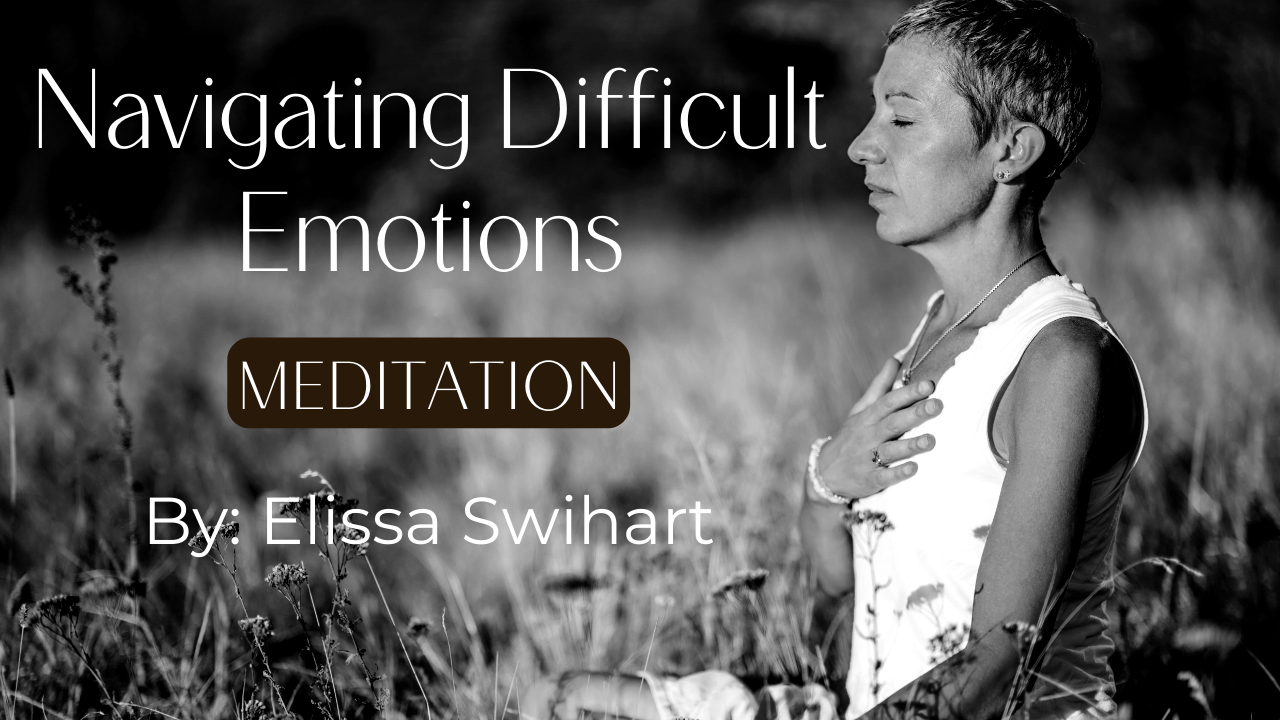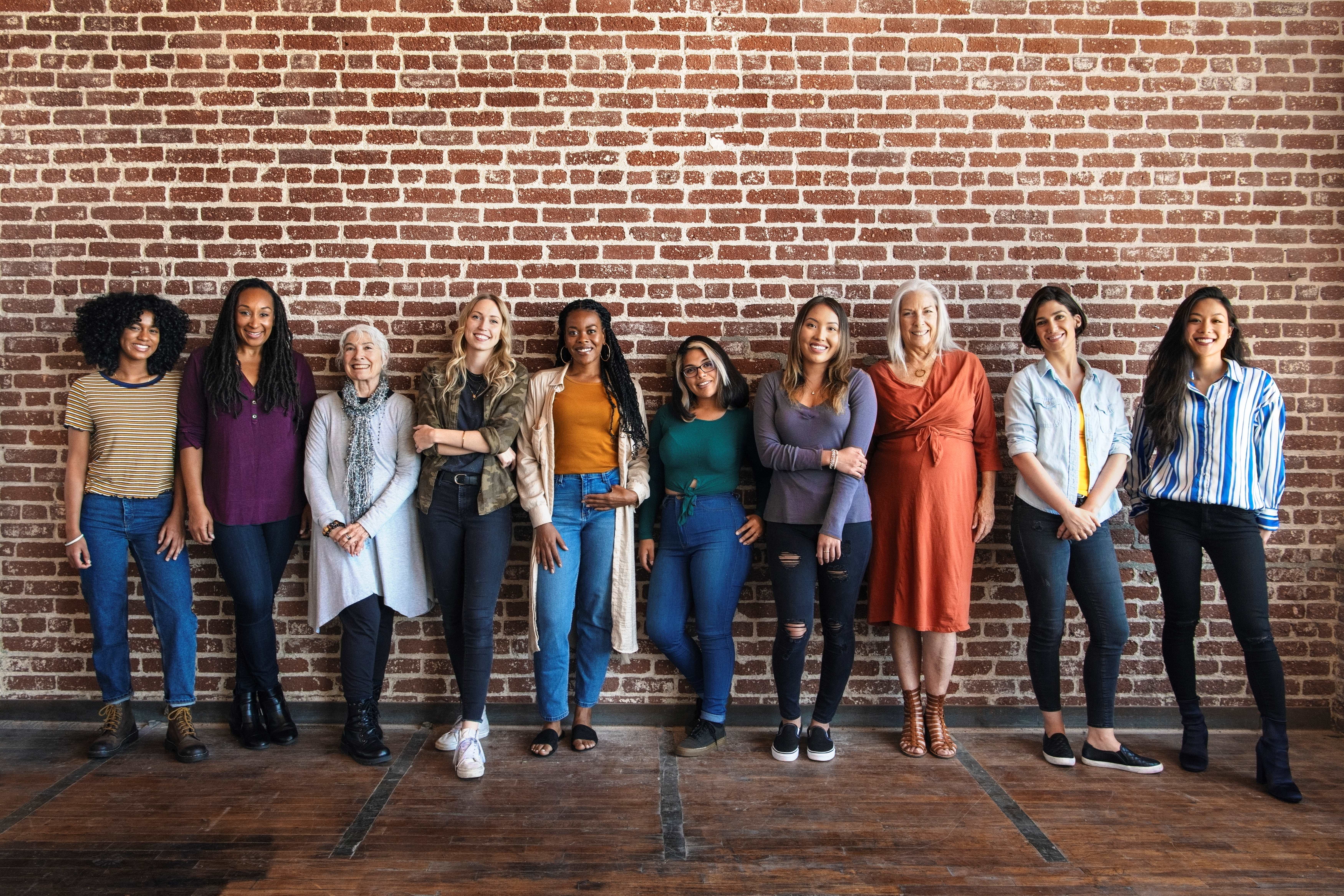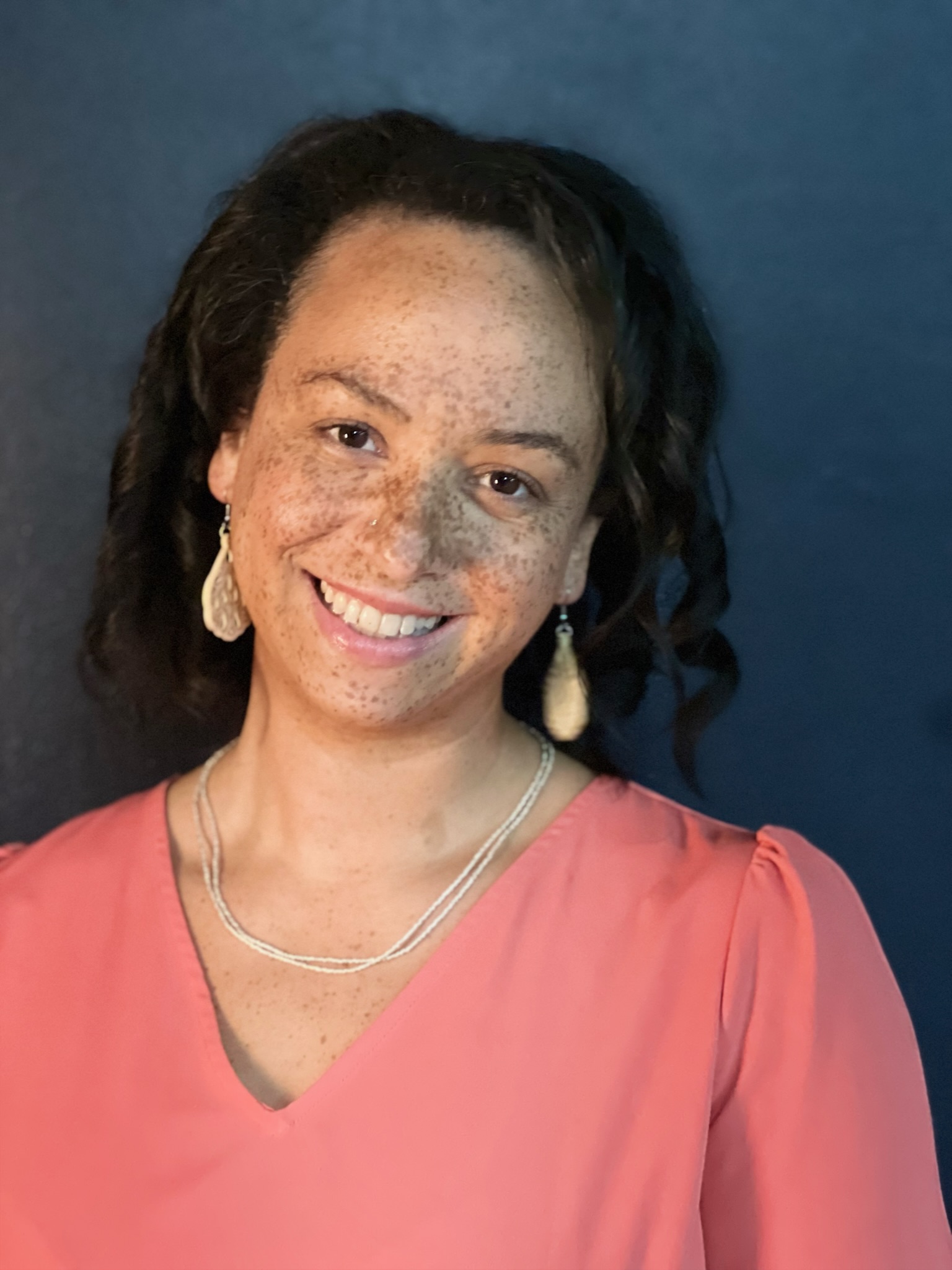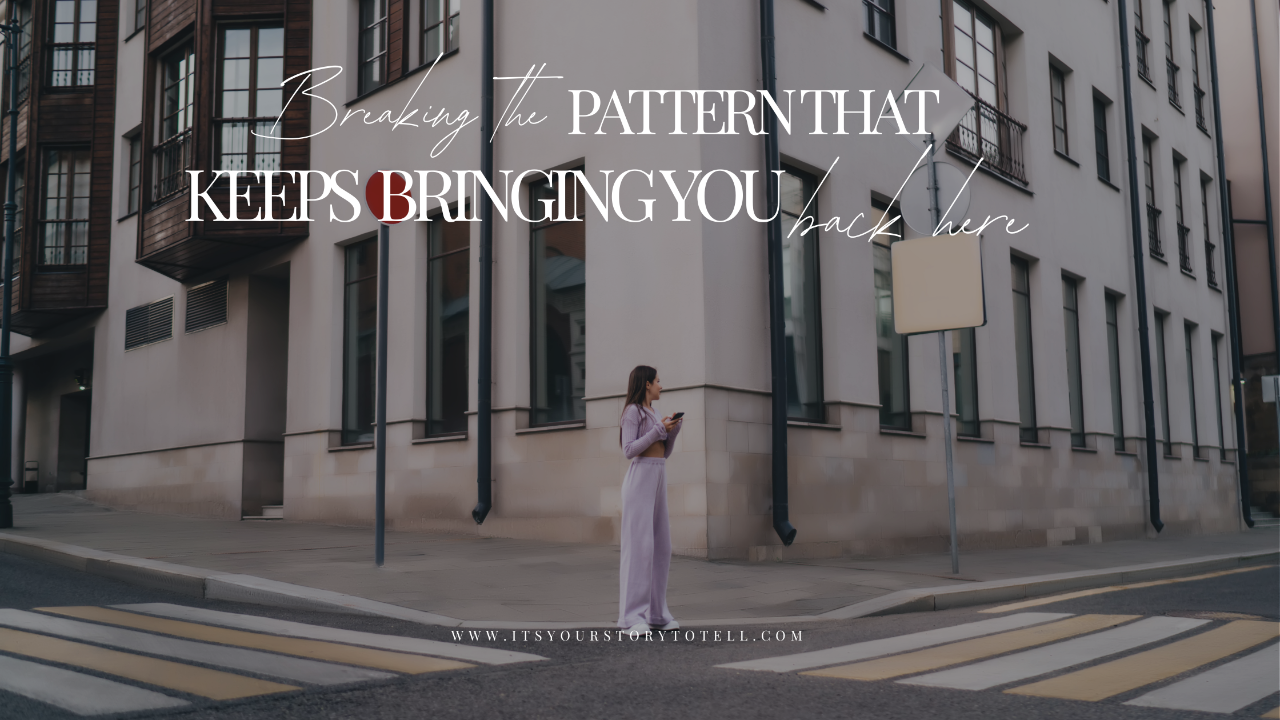Coping with Complex Emotions and Supporting Those Who Carry the Weight of Loss and Grief
Oct 23, 2023
It is the worst of circumstances, one that we as midwives and nurses, try our hardest to foresee and prevent. You are discharging a mama and family after walking them through a fetal loss and as you bring them out into the hallway on the way down to their car, you run into a mass of celebrating family as they welcome a new little one or you pass tired, new moms walking their babies in cribs through the hallways...
We cringe inwardly and quickly try to maneuver our patient away from such a painful scene, beating ourselves up for not anticipating this happening.
It is the antithesis of labor and delivery, little lives that are cut short before they had a chance to be... great sorrow instead of joy and anticipation.
We are so careful to monitor people going into their room, a special, discreet sign is placed on the door to alert all employees that extra consideration and tact is necessary. After delivery we either keep them in the same room on our unit so they can remain with familiar surroundings and personnel, or we move them to an adult floor with no crying babies and celebrating families around every corner to remind them of their devastating loss.
But it is the "little" things - - things that we don't even think of - - that can be like a slap in the face of a grieving family.
Once it was the poster displayed in the hospital lobby announcing in big, bright pinks and blues, pregnancy classes that were being offered as I wheeled my patient down for discharge. She was in the middle of talking to me about some mundane issue, "filler talk", when we came upon the sign, she faltered in her sentence, tried to catch and cover her break... and then with a shaky laugh and a short shake of her head, she fell silent, dropping her chin to her chest in defeat. My stomach dropped and I reached to place a hand on her shoulder, quietly offering her my support and acknowledging her grief.

Another time it was as I brought in the little box that we prepare, filled with the only lasting mementos of their lost child or children, tastefully done and tied up with a ribbon in a single bow, placed on top of the hand-knitted blanket that had been lovingly wrapped around their tiny baby as they briefly cradled the little one.
As I opened my mouth to say how sorry I was for their loss, the baby delivery bell, playing Brahm's lullaby, went off on the overhead pa system, announcing the arrival of a new life.
The woman, who had been bravely smiling, looked up at me in shock, as understanding dawned and then her face crumpled, and she began to cry softly... I laid the package down and gently hugged her as I whispered, "I am so sorry..." Her husband stood at her side, his head hanging down, hands in his pockets. No longer able to put on a brave face and be the "take charge, answer every question" man.
It is the "little" things that breach the walls we put up to hold in our emotions, when we least expect it.
As a woman, mama, nurse midwife, coach, human being - I want to alleviate pain and suffering. But I know that is impossible and I can only try and make the situation as "easy" as possible. Knowing that no matter how well I take care of them, meet their health needs, etc. It will not take away the ache in their hearts when they walk into their quiet homes and see the empty nursery."
As October draws to a close, we come together to recognize Pregnancy Loss Awareness Month, a time to embrace the heartfelt experiences of countless individuals and families across the United States. Pregnancy loss can oftentimes be a silent struggle, a private pain carried deep within a parent's heart. Sadly, many women say that they feel like they are unable to mourn a pregnancy loss because it was "too early" in the pregnancy, or perhaps no one else even knew about it. However, many women connect deeply to the little one held within their womb from the moment they see the double line on the test strip! In some cases, couples have been trying for years to conceive and as is the case when using reproductive endocrinology, know from day one that they are pregnant and are deeply invested and emotionally connected. There is no such thing as "too early" to grieve a pregnancy loss and it is important to offer support and grace to those suffering this loss and experiencing the ensuing grief.

Here are some important facts to shed light on this too often-silent struggle:
Pregnancy loss is more common than many people realize, primarily through miscarriage, this unique loss touches the lives of many, with estimates suggesting it affects 10-20% of pregnancies, most often in the early stages. Often, pregnancy losses are attributed to chromosomal abnormalities in the fetus, occurrences that are random and beyond parental control. Some face the heartache of recurrent pregnancy loss, defined as three or more consecutive miscarriages, which affects 1-2% of couples. Sadly, about 1 in 160 pregnancies in the U.S. results in stillbirth, a heart-wrenching loss after 20 weeks of gestation.
The emotional toll of pregnancy loss is profound, causing grief, depression, anxiety, and isolation. There are dedicated support organizations and counseling services offering understanding and guidance to those navigating this challenging journey. October's Pregnancy Loss Awareness Month serves as a platform to raise awareness, reduce stigma, and extend support to those who have experienced this loss. Online communities and social media provide solace and connection, enabling individuals to share their stories, coping strategies, and resources. It's important to remember that each pregnancy loss experience is unique, and individuals may have different emotions and needs.
Many find hope and healing in subsequent pregnancies, but it can also be emotionally challenging as they navigate grief and joy, the desire to celebrate a new pregnancy while combating the fear of another loss. Seeking support from healthcare professionals, friends, and support groups can be crucial in navigating this challenging journey.
During this solemn month, we come together to acknowledge and honor the experiences of those who have suffered the devastating loss of a pregnancy. It is time to break the silence surrounding this often-undiscussed topic and provide support and compassion to those who have endured the pain of miscarriage, stillbirth, or infant loss. By raising awareness and sharing stories of resilience and hope, we can help destigmatize the grief associated with pregnancy loss and provide a safe space for those affected to heal, remember, and find solace in the knowledge that they are not alone. In October, we remember and honor the precious lives that were briefly with us, and we stand in solidarity with those who continue to carry the weight of their loss.

As we acknowledge Pregnancy Loss Awareness Month, if you or someone you know has experienced a pregnancy loss, we want to recognize your journey and hold space for the emotions and processing as you navigate your grief journey. We offer our unwavering support and understanding on this intricate and complex path. Join us in one of our online support groups, group coaching sessions, or if you are needing deeper support, book a discovery call with us and let us come alongside you and support you in your journey towards hope and healing.

Book a discovery call with Hannah!
Life is a journey of emotions, ranging from the bliss of happiness to the turmoil of anger and sadness. Navigating this emotional spectrum can be challenging, but there is a potent tool at our disposal: mindfulness.
Understanding Mindfulness
Mindfulness is a practice that involves being fully present in the moment, without judgment or distraction. It requires us to observe our thoughts, emotions, and physical sensations with a curious and non-reactive attitude. Rather than suppressing or denying complex emotions, mindfulness encourages us to acknowledge them in a balanced way, allowing us to approach them with clarity and compassion.
Mindfulness and Complex Emotions
Complex emotions such as anger, fear, sadness, and anxiety are an intrinsic part of the human experience. They can be triggered by external events, past traumas, or internal thoughts. When faced with these emotions, our immediate instinct is often to suppress them or react impulsively. Both of these approaches can lead to further emotional turmoil and distress.
Mindfulness offers an alternative path. It teaches us to pause and observe our emotions without an immediate reaction. This pause creates space for us to gain a broader perspective on the situation, enabling us to respond thoughtfully rather than react impulsively. This response can encompass acknowledging the emotion, understanding its source, and choosing how to act while maintaining inner peace.
The Freedom of Mindful Responses
Mindfulness offers a unique sense of freedom in handling complex emotions by creating space between the stimulus and response. This space empowers us to make more informed choices about how we want to react, rather than being driven by impulsive, emotion-driven reactions.
🎧Listen to This Mindful Meditation to Support Yourself in Navigating Your Negative Emotions
You can expect to enjoy these benefits!
1. Emotional Regulation: Mindfulness equips us with the ability to regulate our emotions more effectively. Instead of being overwhelmed by anger or consumed by sadness, we can learn to moderate these feelings.
2. Heightened Self-Awareness: Through mindfulness, we become more attuned to our emotional patterns and triggers. This self-awareness allows us to make informed decisions about how we want to address complex emotions.
3. Increased Resilience: When we practice mindfulness in the face of complex emotions, we become more resilient. We develop the ability to bounce back from setbacks and stressors more gracefully.
4. Freedom from Rumination: Mindfulness helps break the cycle of rumination, where we endlessly dwell on negative thoughts and emotions. By observing these thoughts without judgment, we reduce their hold on us and eventually release them.
5. Empathy and Compassion: Mindfulness fosters empathy and compassion, not only for ourselves but for others as well. We realize that complex emotions are universal, which helps us relate to others' experiences with greater understanding and kindness.
In a world where emotions can feel overwhelming, we want to provide you support and tolls to help you navigate life. We hope you find this week's mindfulness impactful, and you begin to use it on your healing journey. If you do, we know you will experience greater peace and clarity which will allow you to make decisions aligned with the life you desire to live. You can also checkout our podcast for inspiring stories of overcoming to encourage you on your journey!
View The Entire Collection
See all our blog posts to discover valuable insights and tools for navigating trauma and healing with guidance and support.












